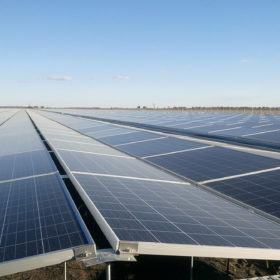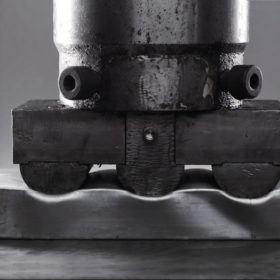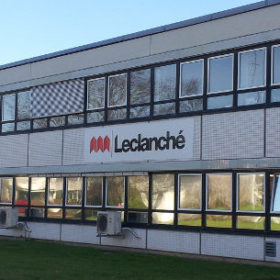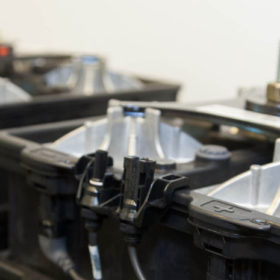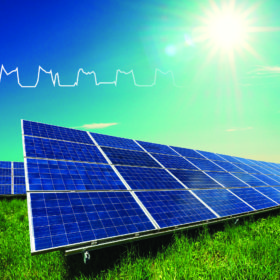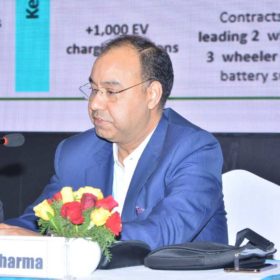India set to acquire lithium for EV batteries in 6 months
The acquisition would be made through Khanij Bidesh India Ltd (KABIL)—a joint venture of three public-sector mining units—which recently visited the Lithium Triangle countries in South America (Chile, Argentina and Bolivia) to explore the possibility of lithium acquisition.
IGL extends bid deadline for solar PV system plus battery tender
Bidding is now allowed up to June 20. Bidders are required to submit the respective corrigendum along with the bid, duly signed and stamped.
Greaves Cotton mulls Li-ion battery manufacturing for EVs
The Mumbai-based engineering company, which acquired a majority stake in electric scooter maker Ampere Vehicles last year, is currently building a supply chain for the proposed EV battery manufacturing plant.
Enertrag, Enel and Leclanché commission German storage project
With Leclanché due to open a module and battery pack assembly line in Gujarat alongside JV partner Exide Industries by the end of next month, the Swiss storage solutions company has been active nearer its home market.
Modi government propelled renewable growth: CEO survey
In a recent survey, an overwhelming 73% of respondents said they remain upbeat about India’s renewable growth prospects, despite recent policy reversals and various other operational challenges the industry faces.
MNRE clarifies import of lead-acid batteries for solar PV applications
The import of secondary cells and batteries of lead-acid and nickel-based chemistries will be allowed subject to IEC 61427 certification of the product and certificate issued by the MNRE, along with an undertaking from the supplier that the products will be utilised for solar PV power projects only.
Proposals invited for joint Indo-Swedish R&D on renewables, energy storage
The Department of Science & Technology (DST), Government of India, and Swedish Governmental Agency for Innovation Systems (Vinnova) have created funding mechanisms through which companies may seek support for joint R&D projects. The projects should aim to develop renewable, energy storage and waste management technologies that can be commercialized over two years through joint cooperation between India and Sweden.
The prospects for solar after the Assembly elections
Narendra Modi’s BJP party is seeking re-election with the aim of ensuring the electrification of all railways by 2022 and turning renewable energy into a popular movement with steps including an emphasis on solar farming. Even if the elections spring a surprise, however, the renewable momentum is unlikely to slow as no government can afford to roll back the clean power tide.
Solar and storage working in tandem—Exicom Interview
Storage companies are working with solar developers towards strategic alliances, says Naveen Sharma, Vice President-Sales & Strategic Planning, Exicom Power Solutions—an electric vehicle (EV) infrastructure developer that has set up an R&D centre in Bengaluru to facilitate development of lithium-ion battery packs. In an interview with pv magazine, Sharma also talked about the current scenario for Li-ion battery storage manufacturing in India and strategies to succeed.
Tata AutoComp partners China’s Guoxuan to make Lithium battery packs for EVs
The joint venture has started a prototype manufacturing operation in Pune, India, to design, engineer, manufacture and supply Lithium-ion battery packs for 4-wheeler electric vehicles in India.

